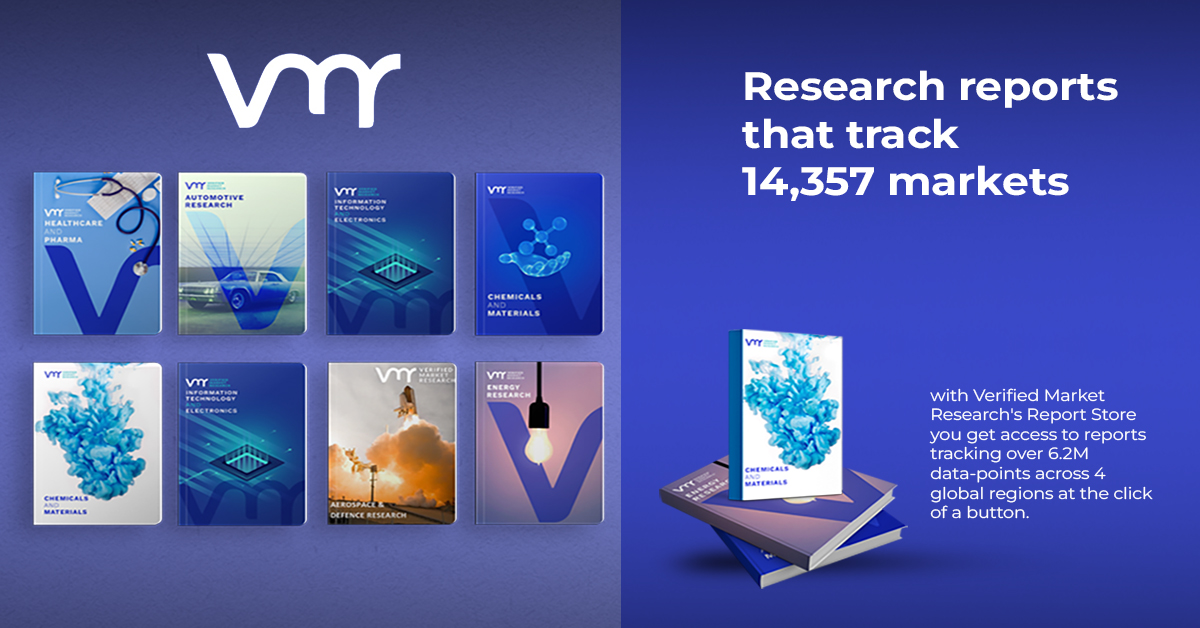Latest Advancements in the Healthcare Quality Management Market: Transforming Patient Care and Operational Efficiency
The healthcare quality management market has been undergoing significant growth and transformation, driven by the increasing need for high-quality care, patient safety, and streamlined operations. As healthcare organizations face rising expectations from patients and regulatory bodies alike, quality management solutions have become essential in helping institutions enhance clinical outcomes, reduce risks, and maintain compliance with stringent standards. The market, valued at around $3.31 billion in 2023, is projected to grow at a compound annual growth rate (CAGR) of 14.18%, reaching $10.22 billion by 2032. This article delves into the key factors, technological innovations, and emerging trends shaping the healthcare quality management landscape today.
Key Growth Drivers in the Market
The primary drivers fueling growth in the healthcare quality management market include:
- Aging Population and Rising Healthcare Demands: With an aging global population, the demand for healthcare services is increasing, prompting healthcare providers to adopt quality management solutions that streamline care processes and improve patient outcomes. These systems play a critical role in managing large volumes of patient data, ensuring accuracy, and minimizing medical errors.
- Regulatory Compliance: Healthcare providers face stringent regulatory requirements to maintain high standards of care. Compliance with regulatory bodies such as the Centers for Medicare & Medicaid Services (CMS) in the U.S. drives the adoption of quality management systems (QMS) to ensure that healthcare organizations meet required quality metrics, which directly impacts reimbursement and patient satisfaction rates.
- Unstructured Data Management: Hospitals and clinics generate vast amounts of data daily, including patient records, treatment histories, and lab results. Effective data management through QMS solutions facilitates better decision-making, allowing healthcare providers to streamline workflows, reduce redundancies, and ensure that patient information is readily accessible.
Innovations in Technology and Key Market Developments
Healthcare quality management solutions have evolved to incorporate advanced technologies, enabling healthcare providers to optimize their workflows and enhance patient care.
- Cloud-Based Quality Management Solutions: Cloud-based QMS options are gaining traction due to their scalability, cost-effectiveness, and ease of access. They allow healthcare organizations to store and manage patient data securely in a centralized location, enabling real-time access to critical information for clinicians and administrative staff.
- Artificial Intelligence (AI) and Machine Learning (ML): AI-powered analytics tools are transforming quality management by identifying patterns in patient care, predicting potential risks, and recommending proactive interventions. These solutions can help detect areas of care that need improvement and ensure timely compliance with regulatory standards.
- Integration with Electronic Health Records (EHRs): Many healthcare organizations are integrating QMS solutions with EHR systems to enhance patient data interoperability. This integration provides a holistic view of patient information, leading to more efficient patient management, reduced duplication of services, and improved clinical outcomes.
Market Segmentation and Regional Insights
The healthcare quality management market is segmented by type, mode of delivery, application, and end-use. Key segments include data management and risk management, both of which are essential for achieving a comprehensive quality management strategy in healthcare.
- Data Management: Expected to hold the largest market share, data management solutions are critical for managing vast amounts of healthcare data. This segment is driven by regulatory requirements that mandate healthcare providers to document and report quality metrics accurately.
- Risk Management: Quality management solutions for risk management help healthcare providers identify and mitigate potential risks in patient care, reducing liability and ensuring compliance with industry standards.
In terms of regional distribution, North America leads with a market share of around 43.8%, driven by the high adoption rate of healthcare IT solutions, stringent regulations, and a robust healthcare infrastructure. The Asia-Pacific region is projected to witness the fastest growth due to increasing investments in healthcare infrastructure, rising demand for quality healthcare services, and increased adoption of digital health solutions.
Major Industry Players and Competitive Landscape
Leading players in the healthcare quality management market include Microsoft (Nuance Communications), Change Healthcare, Oracle (Cerner Corporation), McKesson Corporation, IBM, and CitiusTech. These companies continue to innovate by developing and acquiring new technologies to strengthen their QMS offerings. For example:
- Microsoft’s acquisition of Nuance Communications brought advanced AI and speech recognition technology into its portfolio, enhancing its healthcare solutions with voice-enabled data entry for clinical workflows.
- Oracle’s acquisition of Cerner has enabled it to integrate clinical and operational insights more effectively, helping healthcare providers streamline administrative tasks and improve patient care quality.
Challenges and Future Outlook
Despite the promising growth trajectory, the healthcare quality management market faces challenges, including high implementation costs and the complexity of integrating these systems with existing IT infrastructure. Additionally, data privacy and cybersecurity concerns remain critical, as the increasing digitalization of healthcare exposes patient information to potential security risks.
Looking ahead, the market is expected to continue its expansion, with advancements in AI and data analytics playing a central role in driving efficiency and quality in healthcare delivery. As more healthcare organizations prioritize value-based care, the demand for QMS solutions will likely increase, supporting better patient outcomes and operational efficiency.









